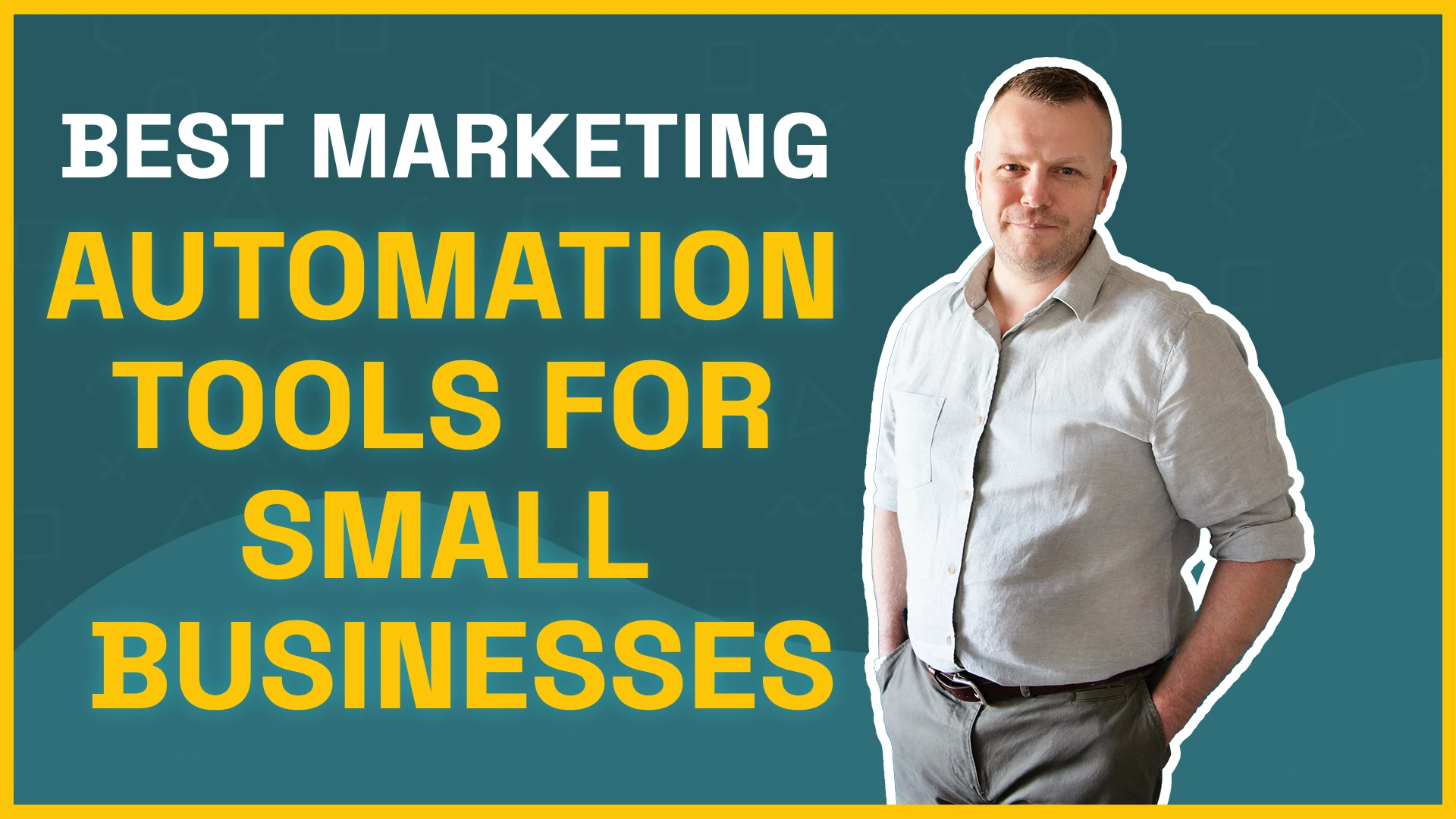
Why Marketing Automation?
Before diving into the tools, let’s briefly discuss why marketing automation is essential for small businesses:
- Efficiency: Automate repetitive tasks such as emails, social media posting, and campaign tracking, freeing up time to focus on strategy and growth.
- Consistency: Maintain consistent communication with your customers, ensuring they receive timely updates and responses.
- Analytics: Track and analyze the behavior of your customers, allowing you to tailor your marketing efforts more effectively.
- ROI: Improve your return on investment by targeting the right people with the right messages at the right time.
Top Tools for Marketing Automation
Choosing the right marketing automation tool can be daunting, but we’ve narrowed it down to a few that are friendly for small businesses in terms of cost, ease of use, and effectiveness.
1. HubSpot
- User-friendly: Known for its intuitive interface, perfect for those new to marketing automation.
- Integration: Seamlessly integrates with a range of other tools and platforms.
- Features: Offers everything from email marketing to CRM and analytics in one platform.
2. Mailchimp
- Cost-effective: Offers a free plan suitable for small businesses just starting out.
- Scalability: Scales with your business, offering more advanced features as your needs grow.
- Customization: Provides extensive customization options for emails and campaigns.
3. Sendinblue
- Multi-channel: Supports email, SMS marketing, and more.
- Automation: Advanced automation capabilities such as visitor tracking and workflow creation.
- Pricing: Competitive pricing based on the number of emails sent, not the number of contacts.
4. ActiveCampaign
- All-in-one: Combines email marketing, automation, sales automation, and CRM.
- Segmentation: Offers powerful segmentation features to target customers based on their behavior.
- Analytics: Detailed reports to help you refine your marketing strategies.
5. Zoho Campaigns
- Integration: Integrates well with other Zoho products and numerous third-party applications.
- Automation: Robust automation options for managing email sequences and subscriber lists.
- Support: Excellent customer support and resources for small business users.
Getting Started with Marketing Automation
To effectively implement marketing automation, consider the following steps:
- Define your goals: Understand what you want to achieve with automation (e.g., increased leads, better customer engagement).
- Choose the right tool: Select a tool that fits your marketing needs and budget.
- Plan your campaigns: Set up campaigns that align with your business goals and customer journey.
- Monitor and adjust: Regularly review the performance of your campaigns and adjust as needed for better results.
In Summary
Marketing automation is not just a luxury for large enterprises; it’s increasingly a necessity for small businesses aiming to grow and stay competitive. By choosing the right tool and strategically automating your marketing tasks, you can achieve more efficient, effective, and measurable marketing outcomes.
At Onside Online, we specialize in helping businesses like yours to implement and optimize digital marketing strategies that deliver results.
Leigh Reading Owner and Founder, Onside Online
